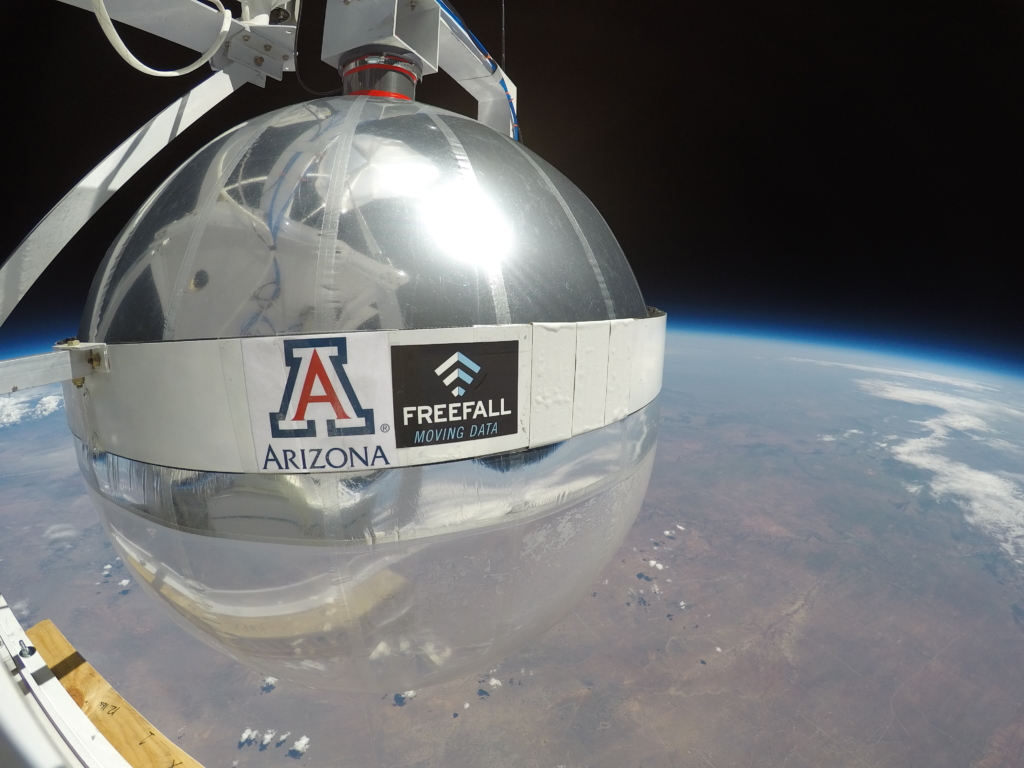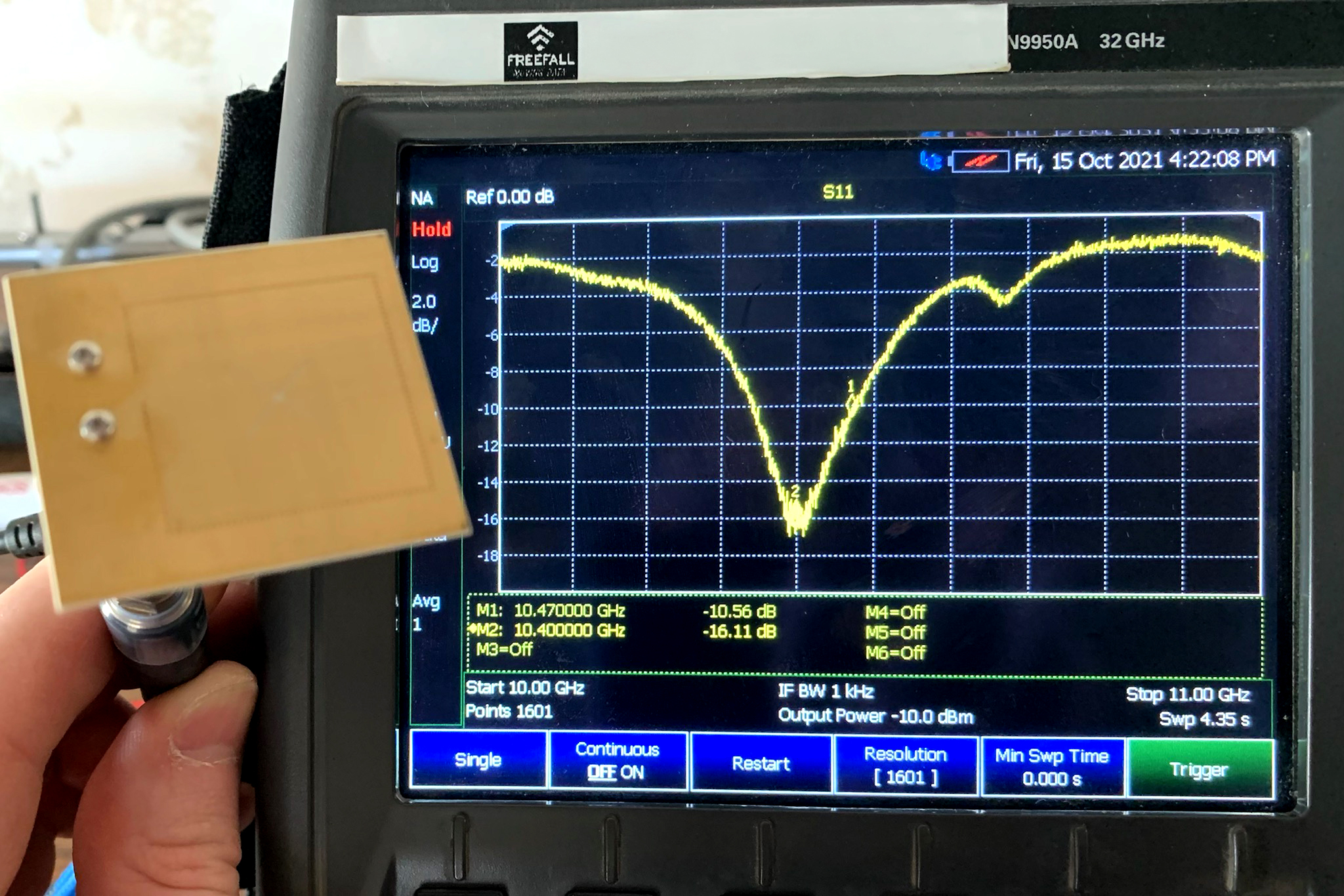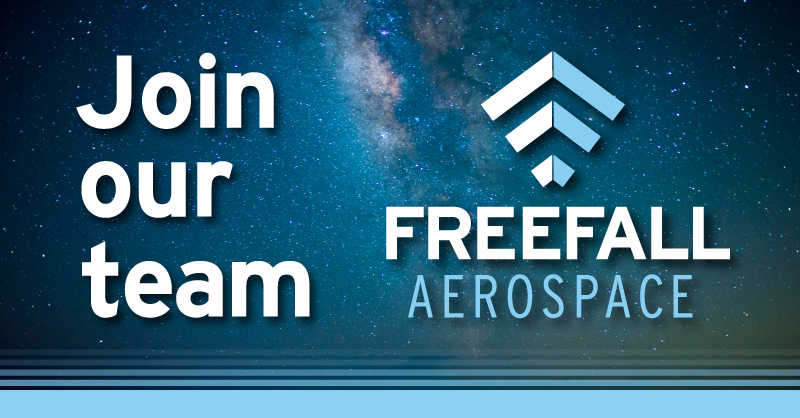FreeFall Tests Spherical Antennas at 159,000 feet on NASA’s Largest Balloon
Innovative antennas provide high-bandwidth communications for small satellites
FreeFall Aerospace, a Tucson-based startup founded by Chris Walker and Doug Stetson, recently demonstrated its wide field of view, electronically steerable, high-gain antennas for small satellites. The test, from NASA’s 60 million cubic foot stratospheric balloon at a record-breaking sustainable altitude of 159,000 ft., was completed on August 17th. This eight-hour test marks a breakthrough for the emerging small satellite industry.
“This test was a big step forward for FreeFall and paves the way for a spaceflight demonstration of our antenna systems in the near future. We’re grateful for the opportunity to fly on NASA’s new “Big 60” balloon and for our continuing partnership with University of Arizona – it’s been very exciting to tackle these tough problems together and finally see the technology take flight”.
8 Hour High-Altitude Test of FreeFall Antenna Systems Condensed to 30 Second GoPro Video
Since the utility of small satellites is limited by their ability to transmit data to and from Earth, the FreeFall system provides a more effective and efficient data link to space. Unlike traditional parabolic antennas which are difficult and costly to implement on small satellites, or low-gain antennas with limited data rate, the FreeFall system is lightweight, stows and deploys easily, requires no active antenna pointing, and maintains a high-gain datalink previously unavailable to Cubesats.
Small Satellites Lower the Cost of Doing Business in Space
Small satellites are starting to dominate the space industry, making access to space more frequent, reliable, and affordable. FreeFall’s antenna systems effectively lower the cost of doing business in space. The same technology can be used to provide innovative ground antennas with wide field of view and electronic steering for continuous high gain communications.
About FreeFall Aerospace: FreeFall is developing revolutionary new antenna technology for ground, air, and space. Their innovative spherical antennas are drawing interest from a wide variety of commercial and government organizations, offering wide field of view, electronic steering, and low mass to dramatically simplify and improve satellite communications. The company’s unique antennas for the coming 5G wireless world are unlike anything else on the market and enable high-frequency, steerable communications for Smart Cities, connected vehicles, and the Internet of Things. FreeFall was founded in Tucson as a spin-off from the University of Arizona and maintains a close connection with UA faculty and supporters.





